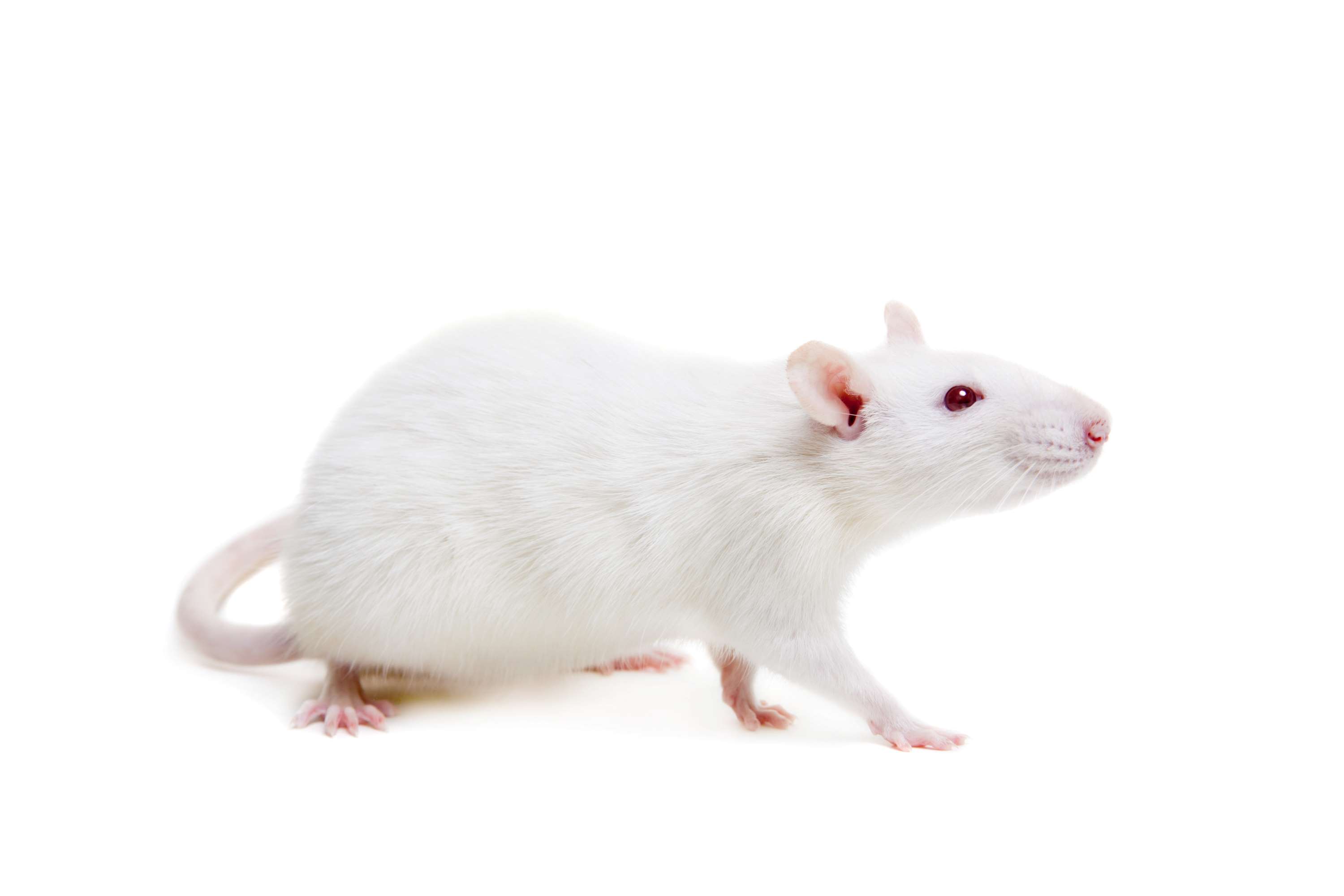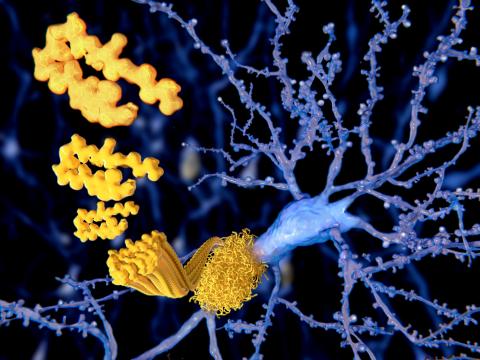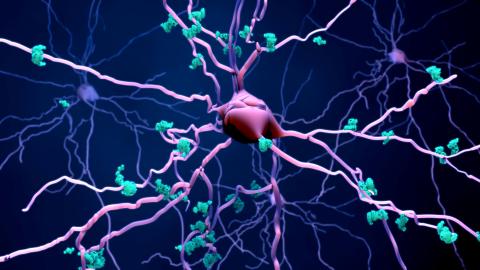New nasal treatment for Alzheimer's disease tested in mice
A study by Italian researchers has tested a treatment administered as a nasal spray to slow down early-stage Alzheimer's disease. Administered in mice, the treatment inhibits an enzyme linked to the disease and to insulin resistance. According to the researchers, who publish the work in the journal PNAS, application of the spray to the animals “can counteract the accumulation of harmful proteins in neurons and delay the onset and progression of cognitive decline”.

Eloy - Nasal
Eloy Rodríguez Rodríguez
Head of the Neurology Department at the Marqués de Valdecilla-IDIVAL University Hospital and Associate Professor of Medicine in the Department of Medicine and Psychiatry at the University of Cantabria
It seems to me an interesting article, of high scientific level and very well done, which opens the way to a new therapeutic target in Alzheimer's disease. Its main limitation is that it is still a study carried out in mice (although there is a part in which they use post mortem tissue from Alzheimer's patients, the 'therapeutic' part is done in transgenic mice).
The fact that it works in transgenic mice, used as Alzheimer's models, is far from being equivalent to a potential efficacy in humans, but it is an avenue that will be worth exploring further in successive studies.
Morató - Nasal (EN)
Xavier Morató
Director of Clinical Trials at Ace Alzheimer Center Barcelona
There is an urgent need to find molecules that target the initial and early events of the Alzheimer's disease cascade. Oral and subcutaneous GLP1 agonists are currently in phase III evaluation for the treatment of the disease and have been shown to improve insulin sensitivity and reduce inflammation.
In this work, we observed increased total protein palmitoylation pattern levels and expression of several enzymes called zDHHC in the hippocampus of transgenic mice at an early stage of the disease and in the human brain with Alzheimer's disease.
Altered brain insulin signaling led to epigenetic regulation of zDHHC7 in a mouse model of cognitive impairment. This work uses an intranasal inhibitor of zDHHC7, providing a noninvasive route of administration to reach the central nervous system.
Natale et al.
- Research article
- Peer reviewed
- Experimental study
- Animals



